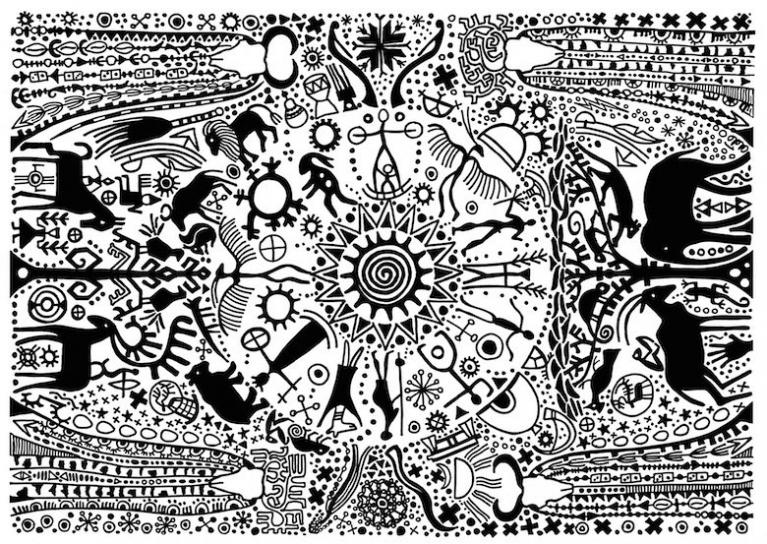Latest Resources

2 September 2020
Push back against risky and unsafe RNAi GM cassava cultivation in Kenya
An unproven genetically modified (GM) RNAi cassava variety is yet another staple food crop, after maize and banana, on the biotech industry’s agenda for commercial cultivation in Kenya. The brazen lack of safety tests contained in the Kenya Agricultural and Livestock Research Organisation’s (KARLO’s) application for cultivation, and disregard for adherence to biosafety best practise […]

21 July 2020
Reflections midway through 2020: The need for solidarity and global rules for rooted change
ACB’s Executive Director Mariam Mayet looks back at the first half of the year We are mired in a world shattering pandemic of unprecedented magnitude and virulence. The architecture of global economic, environmental, human rights and political governance institutions and rules established in the 20th century are in the process of atrophying. The crisis is […]

9 July 2020
COVID-19: Food distribution and health support to informal settlements
Click here to read about the Ivory Park #COVID-19 Campaign relief initiative The Ubuntu Project COVID-19 SA lockdown regulations put strain on the livelihoods of vulnerable communities, and loss of income meant many people were unable to buy food. In the early stage of level 5 lockdown, families and small-scale farmers were cut off from […]

8 May 2020
Towards a democratised and recalibrated food system in South Africa
ACB’S Stephen Greenberg’s op-ed urging for a shift to localisation and agroecology The Covid-19 crisis has exposed the stark inequalities that persist in our society. Vast disparities in access to health care, food, shelter, personal safety, water, transport and communications have been laid bare. Aside from imposing a lockdown, the South African government has been […]

20 March 2020
The Monoculture effect and COVID-19
An ACB statement on Human Rights Day, 21 March The COVID-19 outbreak illustrates the complex interactions between deforestation, reduced biological diversity, ecosystem destruction, and human health and safety, in large part driven by the globalised agricultural and food system. Further, with the threats posed by climate change, we can expect greater exposure to existing and […]

25 February 2020
Insights from farmer dialogues in Kalulushi, Zambia
In 2019, the African Centre for Biodiversity (ACB) co-hosted four farmer exchanges in Zambia. The first was in Kalulushi, Copperbelt Province, in partnership with the Zambia College of Horticultural Training (ZCHT) Chapula, Kasisi Agricultural Training Centre (KATC), and the Zambia Alliance for Agroecology and Biodiversity (ZAAB). ACB Advocacy and Research Officer Rutendo Zendah gives an […]

28 March 2019
Cyclone Idai’s warning – Shift to agroecological systems that work with nature or suffer more dev...
Ranked as one of the worst tropical storms on record to hit Africa, Cyclone Idai made landfall in Beira on Thursday 15 March, before lacerating its way across central Mozambique and then on towards neighbouring Malawi and Zimbabwe. Heavy rains, flooding and storm damage has resulted in devastation on a vast scale. It is estimated […]

8 March 2019
Urgent call for African food sovereignty movements to connect with radical feminist movements on ...
This article was first published on the Inter Press Service Agency, on March 8, as part of its coverage of International Women’s Day. Africa is facing dire times. Climate change is having major impacts on the region and on agriculture in particular, with smallholder farmers, and especially women, facing drought, general lack of water, shifting […]

4 March 2019
Failure of Monsanto’s drought tolerant maize pushed on Africa – confirmed in US
The ACB shares with you a blog written by ACB’s Sabrina Masinjila and Anne Maina from Biodiversity and Biosafety Association (BIBA), Kenya A recent United States Department of Agriculture (USDA) report confirms what independent biosafety scientists, and African civil society, have been stating all along: Monsanto’s drought tolerant (DT) maize (MON87460) does not work! The […]

16 January 2019
Africa Group captured by colonial medicine, agribusiness and US military interests on gene drives...
On the pretext of supporting scientific innovation for malaria eradication, African countries vociferously defended a techno-fix that does not address the wider determinants of malaria – but rather, represents the changing face of colonial medicine and threatens the biodiversity of an entire continent. At the UN’s recent Convention on Biological Diversity (CBD), a proposal to […]
